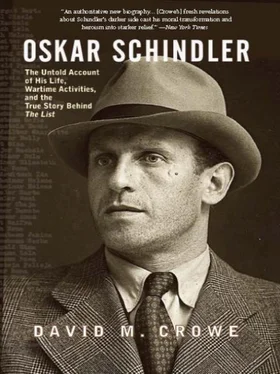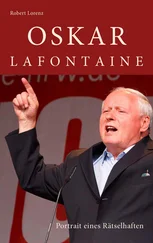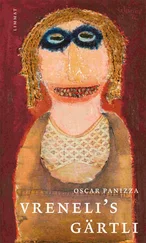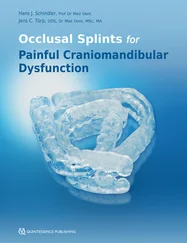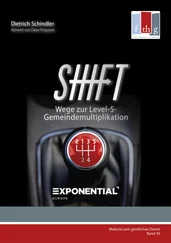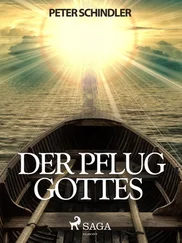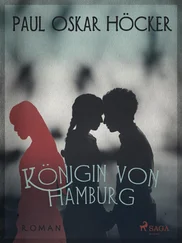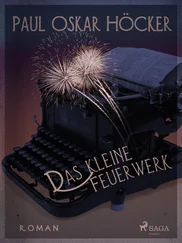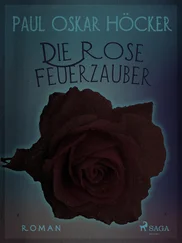Yet even before German forces moved into the Czech lands (Bohemia and Moravia) on March 14, 1939, Germany’s allies, Hungary and Poland, further humiliated Czechoslovakia by using Prague’s fragile international situation to cash in on those parts of the Munich Accord that stipulated discussions about disputed territory. In little more than a month after the completion of the Munich Agreement, Poland was able to acquire Těšín and several small areas along the Polish-Slovak border, and Hungary gained more than 4,500 square miles of territory in eastern Slovakia in the German-Italian-sponsored First Vienna Award of November 2, 1938. By the end of the first week of November 1938, Czechoslovakia had been forced to cede almost 19,000 square miles of territory and more than 5 million people to Germany, Hungary, and Poland. The loss of a third of its population and territory devastated the Czechoslovak economy and denuded its defense system. 10
Under a new president, Dr. Emil Hácha, the Czechoslovak government sought to repair its relations with Germany and seek Anglo-French guarantees of its remaining frontiers as provided in the Munich Agreement. The British and the French did not approach Germany and Italy about this until February 8, 1939, only weeks before Hitler planned to move against the remainder of Czechoslovakia. Once again, the major powers allowed Hitler to determine the course of international affairs in Europe. Five days later, Hitler told General Keitel, the head of OKW, and General Brauchitsch, the army’s commander-in-chief, that he planned to move against Czechoslovakia in mid-March. 11
Hitler needed only excuses to justify his move, and German plans were already underway to fabricate one in league with Slovak politicians. The unstable political climate in Slovakia after Munich had forced the recently appointed head of the Slovak government, General Jan Syrovü, to give in to the demands of Father Jozef Tiso, the head of the fascist Hlinka’s Slovak People’s Party (HSL’S; Hlinkova slovenská l’udová strana ) to make Czechoslovakia a federal republic. On November 23, 1938, Czech and Slovak leaders agreed to create a federal Czecho-Slovak state. Six weeks earlier, Father Tiso had become Slovakia’s premier. 12The federal union with the Czech lands did not satisfy radicals within the HSL’S, who demanded full independence for Slovakia. They looked to Germany for support and promoted their cause through anti-Semitic and anti-Czech movements such as the Hlinka Guards (HG; Hlinkova garda ), an SA-like movement that blended Nazi and fascist ideals. Gradually, HSL’S extremists transformed Slovakia into a single party state and society. 13
Talk of Slovak independence became widespread. Hitler thought the HSL’S leaders would be ready partners in the final eradication of Czecho-Slovakia. Slovakia’s drift into the German camp and rumors of Germany’s imminent takeover of Czecho-Slovakia prompted President Hácha to ask Slovak leaders on March 1, 1939, to reaffirm their loyalty to the Czecho-Slovak Republic and abandon talk of independence. When the Tiso government failed to make such pledges, Hácha fired Tiso and some of his cabinet. He appointed a Slovak interim government and moved some military units into Slovakia. Ferdinand Durčanský, one of Tiso’s dismissed ministers, fled to Vienna and asked Hitler to intervene. 14
On March 13, Hitler called Tiso and Durčanský to Berlin, where the Führer gave them until the following day to declare Slovakia’s independence. If they refused or hesitated, Slovakia would be divided between Germany, Hungary, and Poland. Tiso acceded; on March 14, 1939, the Slovak parliament declared Slovak independence. In the meantime, German agents fabricated incidents in Bohemia and Moravia that the Reich press claimed were aimed at Sudeten Germans. Hitler now had the two excuses he needed to justify his move into Bohemia and Moravia: political instability and continued Czech mistreatment of Sudeten Germans in Bohemia and Moravia. 15
While Tiso and Durčanský met with Hitler in Berlin, the Czech cabinet urged President Hácha to rush to Berlin to meet with Hitler. As their train sped north towards Berlin, German units marched into the strategically important Czech town of Moravská Ostrava. Though Hácha and his foreign minister, František Chvalkovskü, arrived in Berlin at 10:40 P.M., Hitler kept them waiting until the early hours of the morning to tell them that they had no choice but to agree to the forced takeover of Czecho-Slovakia. When Hácha hesitated, Hermann Göring, the powerful head of the Luftwaffe, threatened to destroy Prague if the president refused to agree to the passive acceptance of the German takeover of Czecho-Slovakia. Hácha, who conferred with his cabinet in Prague during the three-hour meeting, was also forced to sign a joint German-Czech statement that placed full control of Czecho-Slovakia in the “hands of the Führer of the German Reich.” Hácha, overwhelmed by the severity of the moment and the knowledge that his cabinet opposed his signature, fainted. At 4:00 A.M. on Wednesday, March 15, 1939, Czecho-Slovakia ceased to exist. Europe would never be the same again. 16
As German forces marched into the Czech lands, Father Tiso, under pressure from Hitler, declared Slovak independence. The Wehrmacht quickly occupied Slovakia, which became a German protected state (Schutzstaat). Though Slovakia appeared to function as an independent country throughout the war, in reality it was a German puppet state run by staunch pro-Nazis around Father Tiso. Slovakia became the Third Reich’s propaganda showpiece in that part of Europe and Slovak troops fought alongside Germans during World War II. The Tiso government adopted German-style anti-Semitic laws and 75 percent of Slovak Jews (c. 135,000 in 1930) died during the Holocaust. 17
According to the postwar testimony of Alois Polansky, who worked as a chauffeur for Abwehr and the SD in Mährisch Ostrau in 1939, Oskar Schindler was already working as an Abwehr agent in Moravská Ostrava when German forces moved into Bohemia and Moravia on March 14 and 15. Renamed Mährisch Ostrau after the German takeover, Moravská Ostrava was considered a strategically vital city because of its proximity to the Polish border. The SdP had staged incidents there in early September 1938 to derail its talks with Prague, and Hitler refused to let the Poles occupy it as part of their takeover of Těšín and other bits of Czechoslovak territory a month later because of its economic value to the Reich. It was fear of a Polish move into Moravská Ostrava in March 1939 that prompted Hitler to take the city over before the formal move of German troops into Bohemia and Moravia. 18
Oskar Schindler in Moravská Ostrava/Mährisch Ostrau, 1939
In January 1939, Oskar and Emilie Schindler moved to Moravská Ostrava (Mährisch Ostrau), their home for most of 1939. Even after he moved to Kraków in September 1939 to explore new business opportunities, Oskar continued to list Mährisch Ostrau as his home. In the spring of 1940, Oskar applied for a driver’s license at the Police Directorate in Mährisch Ostrau and listed as his address 25 Parkstraße (Sadova Street), though later Gestapo reports on Schindler and the break-in at his apartment said that Oskar and Emilie lived at 27 Parkstraße. Perhaps they occupied two apartments, one an Abwehr office and their living quarters next door. Before the war, Germans and Jews lived side by side on Sadova Street. Once fighting began, its Jewish residents disappeared, though its German families kept their homes. Mährisch Ostrau’s mayor lived next door to Emilie and Oskar, and not far away was the city hall and the headquarters of the SD and the Gestapo. According to Emilie, Wehrmacht barracks stood across the street. Oskar kept the apartment at 25 Sadova throughout the war. Emilie lived there from 1939 to 1941, when she finally joined Oskar in Kraków. For the next four years, Oskar evidently maintained it for his girlfriend, Irena Dvorzakowa, who worked at the Vitkovice steel works. Irena stayed in the apartment in Mährisch Ostrau apartment until late 1945 or early 1946, when she moved to Vratislav. Oskar visited the apartment for the last time in April 1945, when he collected some of his belongings. 19
Читать дальше
